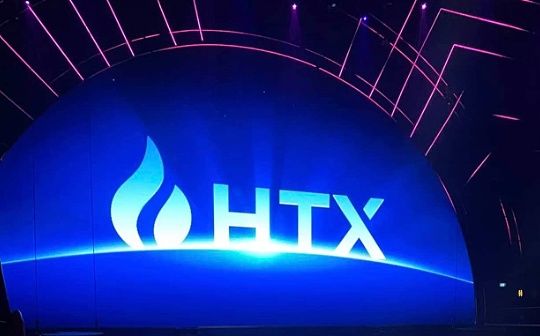
Author: Ezra Reguerra, CoinTelegraph; Compilation: Baishui, Bitchain Vision
Experts discussed the progress at the X Spaces meeting after Ethereum Spot Exchange Trading Fund (ETF).
On May 23, the U.S. Securities and Exchange Commission (SEC) approved 19b-4 applications for Ethereum ETF applicants, including VanEck, BlackRock, Fidelity, Grayscale, Franklin Templeton, ARK 21Shares, Invesco Galaxy and Bitwise.
After the Ethereum ETF was approved, Cointelegraph Editor-in-Chief Gareth Jenkinson co-chaired an X space with Bloomberg analyst Eric Balchunas, VanEck’s head of digital asset research, Bill Hughes, Consensys’ global regulatory affairs director and Animoca Brands co-founder Yat Siu.
What happens after the spot Ethereum ETF is approved?
After the spot Ethereum ETF is approved,Balchunas expects similar situations to spot Bitcoin ETFs.The analyst described it as a “copy horse racing”,The issuer will issue on the same day.
Although there may be similarities with the spot Bitcoin ETF, Balchunas believesThe transaction volume of Ethereum ETFs may be smaller.
“I’ll look for a lot of similarities, but I’ll divide the bitcoin you see by about 10. So, in the first few weeks you might have a total of $1 billion to $2 billion in size. I just don’tHow big are these?”
While analysts believe that the size of the spot Ethereum ETF will not be as large as that of the Bitcoin ETF, Balchunas said traders may take interesting steps.“You might see people shorting ETFs and buying Ethereum because you can stake it.”
Meanwhile, Sigel, who works with one of the ETF issuers, said they will go out and present “very strong investment cases” for Ethereum.VanEck executives stressed that they have been working with the team to find the ideal combination of Bitcoin and Ethereum and will release their analysis soon.
Sigel also said he believes there are many technology and stock investors looking for assets with intrinsic value.The executive said these investors may not know about Ethereum and its “vibrant decentralized applications (DApp) ecosystem.”
The United States does not want to be the “second-in-command”
Mr. Siu, who works with the Hong Kong government to promote the development of Web3 in the Special Administrative Region, said that Hong Kong society can expect more development than the United States.Begin to compete in cryptocurrency and Web3.
On April 15, the Hong Kong Securities and Futures Commission (SFC) approved the first spot BTC and ETH ETF.With the U.S. and Hong Kong approving spot Bitcoin and Ethereum ETFs, the executive believes other jurisdictions may also begin to consider owning their own crypto-based exchange-traded funds.He explained:
“Now that the United States has approved it, I think other countries in the world, whether it’s the UK, Singapore, Japan or the Middle East, like Dubai, they’ll think, ‘Well, we need to have our own version of the spot ETF.”
Siu believes thatAs jurisdictions around the world trek into crypto ETFs, the United States does not want to be left behind.”I don’t think the United States wants to be the second-in-command for anyone.”
Because of this, the executive believes that with the “emotional shift” in the United States, there will be more interesting developments.
Ethereum as a commodity
While the SEC does not explicitly state that Ethereum is a commodity, Hughes believes that the approval of spot ETFs implicitly acknowledges this.However, Consensys attorneys said the SEC should be transparent about the impact of its rulemaking.He explained:
“From our perspective, these amendments to the rule are disturbing. We should be open and transparent about the impact of such things, not just the rulemaking itself.”
also,Although the ETF approval is seen as a cryptocurrency victory, lawyers are skeptical of whether the SEC will take a more liberal stance on crypto-related matters in the future.
However, Hughes also said the development could highlight the “tension in legal theory” that the SEC “impacted” to justify its enforcement actions.








